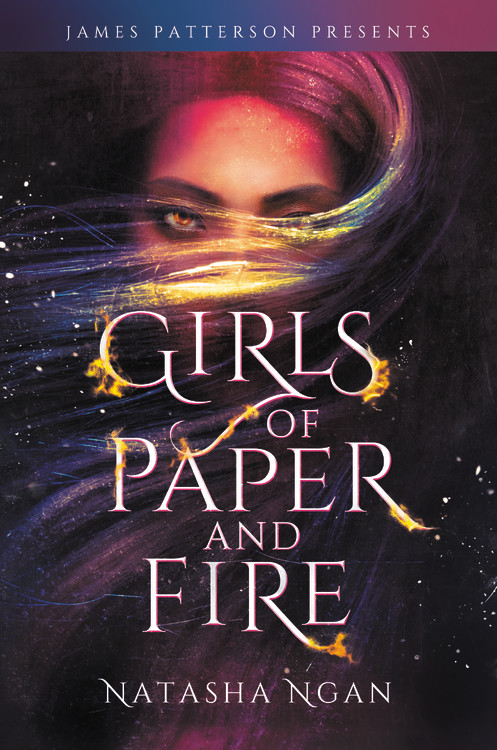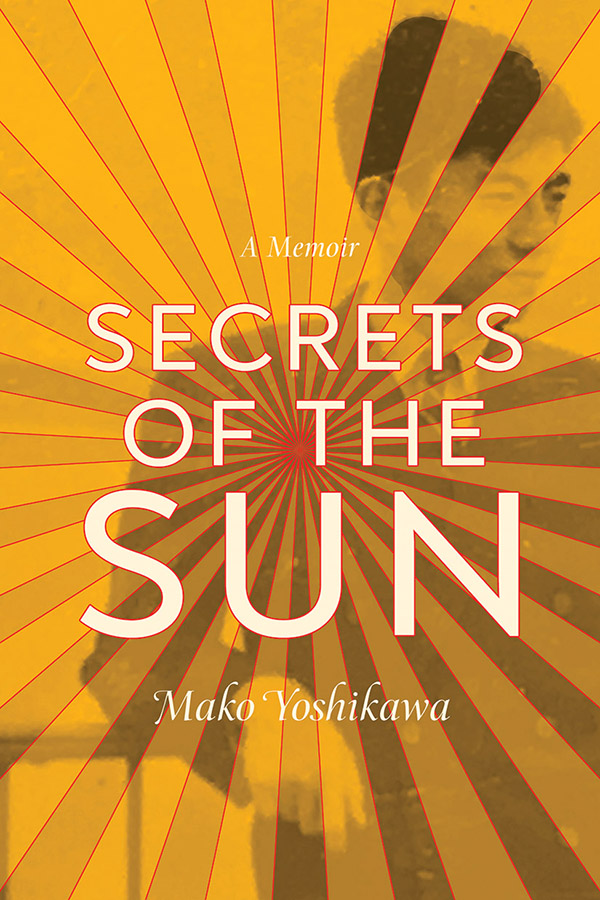A Review of Natasha Ngan’s Girls of Paper and Fire (Jimmy Patterson, 2018)
Jul. 3rd, 2025 12:13 am
Written by Stephen Hong Sohn
Edited by Uttara Rangarajan
On the way home from a longer plane ride, I was worried about not being able to have enough to read, and I sort of didn’t want to start a new book in the middle of a flight, so I brought along a YA series. It ended up being a good idea, because I ended up finishing Natasha Ngan’s Girls of Paper and Fire (Jimmy Patterson, 2018) and getting through part of the second book in the series, which I will review as well. As per usual, let us allow the marketing description do some work for us: “In this richly developed fantasy, Lei is a member of the Paper caste, the lowest and most persecuted class of people in Ikhara. She lives in a remote village with her father, where the decade-old trauma of watching her mother snatched by royal guards for an unknown fate still haunts her. Now, the guards are back and this time it’s Lei they’re after: the girl with the golden eyes whose rumored beauty has piqued the king’s interest. Over weeks of training in the opulent but oppressive palace, Lei and eight other girls learns the skills and charm that befit a king’s consort. There, she does the unthinkable: she falls in love. Her forbidden romance becomes enmeshed with an explosive plot that threatens her world’s entire way of life. Lei, still the wide-eyed country girl at heart, must decide how far she’s willing to go for justice and revenge.”
This description is probably too pithy for the level of world building that is required in Ngan’s work. Again, this one is part of that Asian-inspired high fantasy trend which is absolutely everywhere on the speculative fiction side. In this case, Ngan consistently uses pan-Asian elements, especially forms of dress (things like cheongsams and saris come up consistently) to let us know we’re not too far off from a place like Asia, even though there are of course demons and part-demons around. The power dynamics of this fictional world involve three castes. The highest caste is called the moon caste. These individuals are demons, who are associated with animals; there are bird-looking demons or leopard looking demons, and they have enhanced strength, size, and fighting skills. The middle group is the steel caste, which seem to be human-demon hybrids. The lowest caste is called paper, and therein lies all the humans, many of whom are enslaved to the moon caste. Every year there is a ceremony in which 8 teenage girls are taken to the palace of the demon-king, where they basically are instituted as his concubines. When the novel opens, the ceremony selecting the eight paper girls has already been completed, but a general spies the main character, Lei, and decides to take her, thinking that he can present Lei as a sort of ninth gift for the king. Because of Lei’s beautiful golden eyes, they make an exception and add a ninth girl. This book has a lot of really tough elements to it, the primary of which is the occurrence of sexual assault, given the fact that the girls are forced to be concubines. Ngan is well aware of the heft of this book, and there is a lengthy author’s note at the end of the text, but I would have preferred that note at the beginning, because if you aren’t careful about reading paratexts for this novel, you don’t even know what’s going to happen. I do think that this book might not have been published in this current moment, with such heightened scrutiny over book content. Despite the sensitive content, Ngan’s created a very spirited heroine, one in whom readers of the young adult paranormal romance genre will find much to like, and they will root for her on as she finds a way to best the king and, at the same time, manage to spark a same-sex romance with one of the other individuals selected by the ceremony. Despite the seemingly revolutionary conclusion, it’s clear that Ngan has surprises in store for readers, and that the work of deposing an evil king is far from over.
Buy the Book Here




